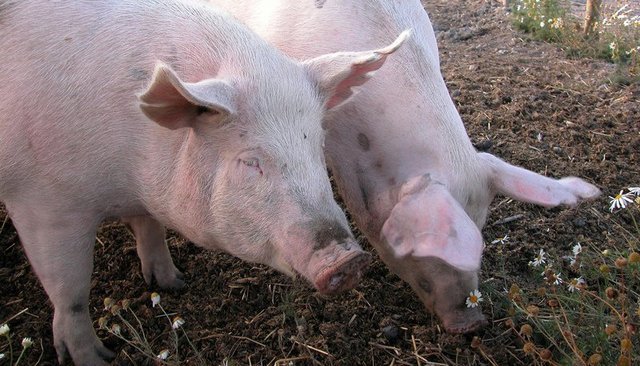
One of the recent pieces of science news we've been following is the potential launch of five rockets from a NASA site in Virginia. The launch was supposed to happen earlier this week, but has been delayed—you can find out where to check on NASA for details of the next attempt below. Meanwhile, from the rest of the world of science, we considered resurrecting the mammoth, finding islands that existed far from the shores of Pangea, and the strange mystery of exploding hog farms.
Mysterious hog farm explosions stump scientists: A strange new growth has emerged from the manure pits of midwestern hog farms. The results are literally explosive.
Before the Pacific: finding the lost islands of a Pangea-era ocean: Back when Pangaea was the only continent around, a vast ocean covered the rest of the planet. Now, researchers have found the remains of a large arc of islands that once divided this enormous body of water.
Cloning and resurrecting the mammoth? Not so fast: Although some scientists have announced they plan on cloning a mammoth, there are reasons to think their plans won't get very far.
Neutrinos shot through 780 feet of stone, spell out their name: Researchers used a particle accelerator and detector to send a message without wires or satellites.
Why open science failed after the gulf oil spill: Scientists descended on the Gulf of Mexico to study the spread and aftermath of the oil spill there. What they found, however, were competing agendas and a tough media environment.
NASA five-rocket mission to launch tonight, with live webcast: NASA's five-rocket mission is scheduled to launch tonight between midnight and 1:30 am. The public can view the mission either in-person or via a live webcast.
Indiana Jones goes geek: Laser-mapping LiDAR revolutionizes archaeology: A new technology is helping archeologists map the environments around excavations sites, with less cost and more speed. Did we mention it uses lasers shot from planes?
Scientists and tourists put Antarctica at risk for an invasion: Researchers and tourists are bringing lots of seeds with them to Antarctica, including some from species adapted to cold climes. Could we accidentally end up greening the frozen continent?
Neil deGrasse Tyson pushes exploration in Space Chronicles: In Space Chronicles, Neil deGrasse Tyson makes a compelling case that, far from being an expendable luxury we can forego in tough times, NASA's budget is a critical investment in the future of science.
Listing image by Photograph by www.ncagr.gov
reader comments
7